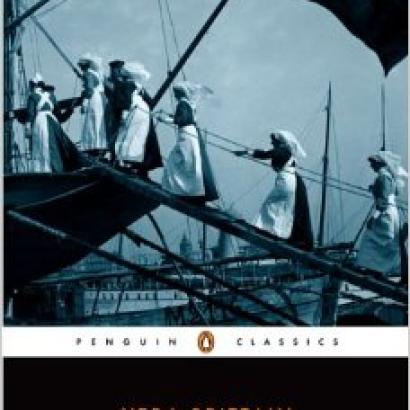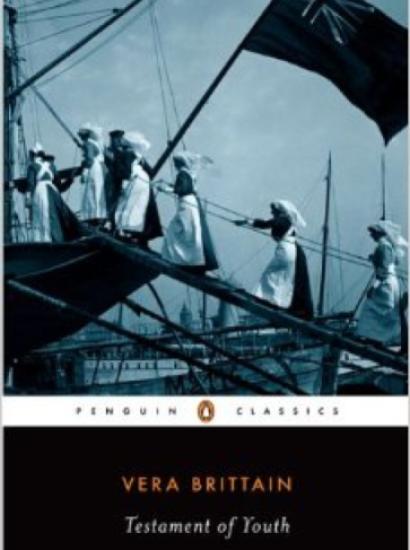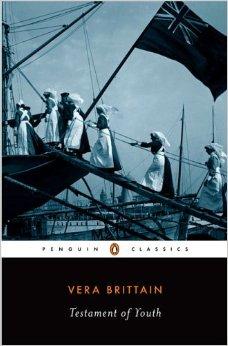Vera Brittain arrived at Somerville College, Oxford concurrently with the outbreak of the First World War. Almost immediately she left the comfortable confines of that most beautiful of universities to volunteer to serve on Western Front as a nurse in the Voluntary Aid Detachment. The fact that the men in her family as well as those she befriended had joined up immediately was undoubtedly a factor that motivated her to leave Oxford. She was then to experience the double horror of nursing the ghastly casualties that the weapons of the war had inflicted on human flesh, and of hearing the grim news that her lovers and her brother had been killed in the slaughter that was occurring month after month and year after year. And she was to have no comfortable illusions as to how they had died.
In every respect, Testament of Youth is an extraordinary book—one of the few that we have from a woman’s point of view. Over it hangs a terrible sense of tragedy and loss. It is a tale written with great feeling and anger at a war that seemingly served no useful purpose. It is a particularly important book, not only because it is written from a woman’s point of view, but because it also captures the war’s nightmarish impact on those who were not serving on the front lines. One might note that in 2014, a faithful film rendition of Brittain’s memoir was made and released in Great Britain.
















